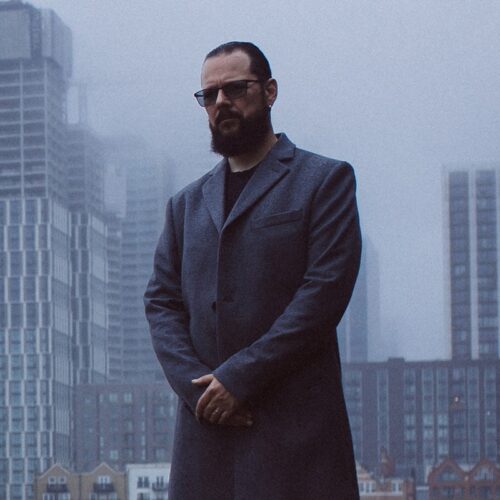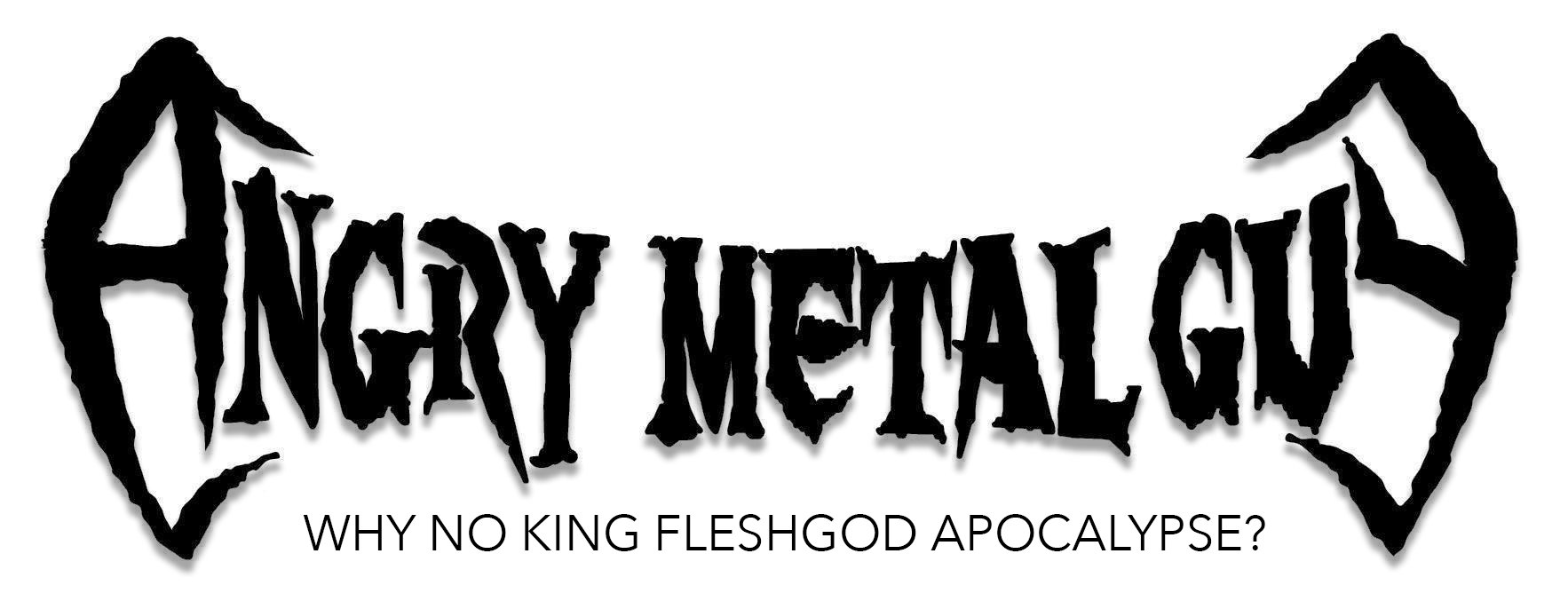
As Ihsahn opens on “Cervus Venator,” you could be forgiven for thinking you’ve put on a John Williams score. It sounds almost like the “Dune Sea of Tatooine” or something. However, these moments of the orchestra operating solo are limited to three points across the studio version of Ihsahn: opener, mid-album breather, and closer. For the majority of its run, the orchestra is a fully integrated component of the whole. They are not a mere adornment, as we see some bands doing, but an integral part of the composition. On first track proper, however, “The Promethean Spark,” I am dragged back to the first time I heard “Called by the Fire” from The Adversary, as a dancing tremolo plays over progressive drumming, and Ihsahn’s now trademarked gravelly rasp opens up. The orchestra soon returns though, adding both depth and scale to the sound that, for all its greatness, The Adversary can never match.
As the record progresses, this pattern repeats, with its harsher edges recalling much of Ihsahn’s earlier—and Emperor’s later—material, with significant portions of “Pilgrimage to Oblivion” and the back end of “A Taste of the Ambrosia” sounding almost like they come off Prometheus. However, Ihsahn’s more progressive tendencies, accompanied by his ever-improving clean vocals, are at work here too. These would border on ballad-y rock in a few places (the quirky “Blood Trails to Love”) were it not for orchestra, which imbues the whole with a faintly threatening, overblown aura that holds the record together. Meanwhile, the sawing ominous violin work that opens the sprawling album highlight, “Hubris and the Blue Devils,” sets up almost eight minutes of gorgeous experimentation, as jagged guitar work and dual-tracked harsh vocals writhe around the arrangements at its core. Longest cut, “At the Heart of All Things Broken,” is also great, feeling vibrant and emotive, the multi-tracked clean vocals building towards a crescendo that never quite arrives.

There is a lot to Ihsahn, more than I can convey within the confines of this (already overlong) review. If I were to try to contextualize it within the expansive confines of Ihsahn’s solo discography, it’s the bastard love child of The Adversary and Arktis., recently awarded its masters in classical music. More brooding and less percussive—though also featuring fewer guitar fireworks—than last outing Àmr, this album has contours to it but they flow like rolling hills, rather than the mountainous peaks and troughs that characterized Das Seelenbrechen. However, while there is no poor material on this record, it’s not without its flaws. The sparing, (relatively) stripped-back “The Distance Between Us” drags, lacking focus and bite, even when it steps up the intensity halfway through, while sections of “A Taste of the Ambrosia” feel like Ihsahn briefly wasn’t sure where to take the song. I’m not going to get into the production here because I’m working with a thrice-cursed, label-provided stream.3 Suffice to say, however, that I trust Ihsahn’s ear for how he wants this to sound but I hope that, on a hi-res version, the guitars have just a little more crunch.
Flawed but never less than captivating, this album is absolutely worthy of being Ihsahn’s self-titled opus. Cuts like “Twice Born,” “At the Heart of All Things Broken” and the stunning “Hubris and the Blue Devils” stand shoulder to shoulder with anything from his solo career to date, while the sheer ambition and skill that it takes to write a full orchestral soundtrack that backstops the progressive metal of the record, but also stands alone, cannot be overstated. Do I love Ihsahn? Not yet but I like it a lot, and I respect the hell out of Ihsahn.
Note: I have so far failed to find a Bandcamp entry, or indeed anywhere else, where one can purchase a digital copy of either version of Ihsahn but physical copies can be pre-ordered from Candlelight, here. Doubtless it will be coming to a streaming service near you soon.
Rating: 4.0/5.0
DR: N/A | Format Reviewed: Stream only
Label: Candlelight
Websites: ihsahn.com | facebook.com/ihsahn
Releases Worldwide: February 16th, 2024

















